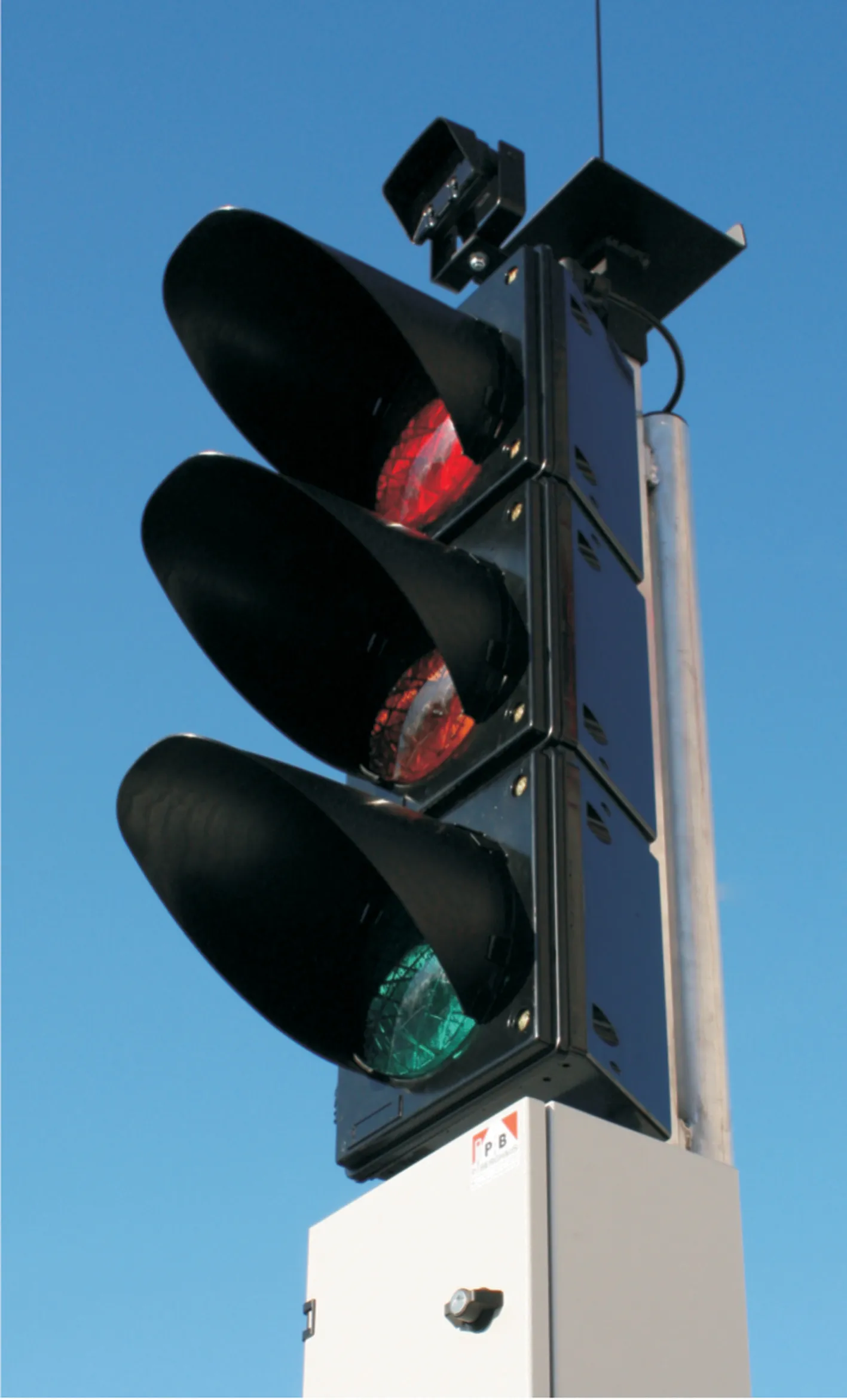TÜV Rheinland's ITS group is now part of the quality control team for the US Department of Transportation's (US DoT) Connected Vehicle Safety Pilot project, a programme to test reliability and safety of innovative technologies that allow vehicles to communicate with each other and traffic lights, work zones and other infrastructure elements to help prevent crashes
April 26, 2012
Read time: 2 mins
The
“We will work with about 3,000 cars, trucks and transit vehicles equipped with devices that will alert drivers to road dangers and help them take action to avoid crashes,” said Sebastian Oertel, director of mobility for TÜV Rheinland. “This is a significant research programme in its intent and scope, and TÜV Rheinland’s team is pleased to have an opportunity to help make our roads safer.”
The pilot project seeks to understand how different types of motorists respond to safety messages in the real world. It is the second part of a two-part Connected Vehicle research initiative. The first part, Safety Pilot Driver Acceptance Clinics, identified how motorists responded to wireless safety devices in a controlled environment.








